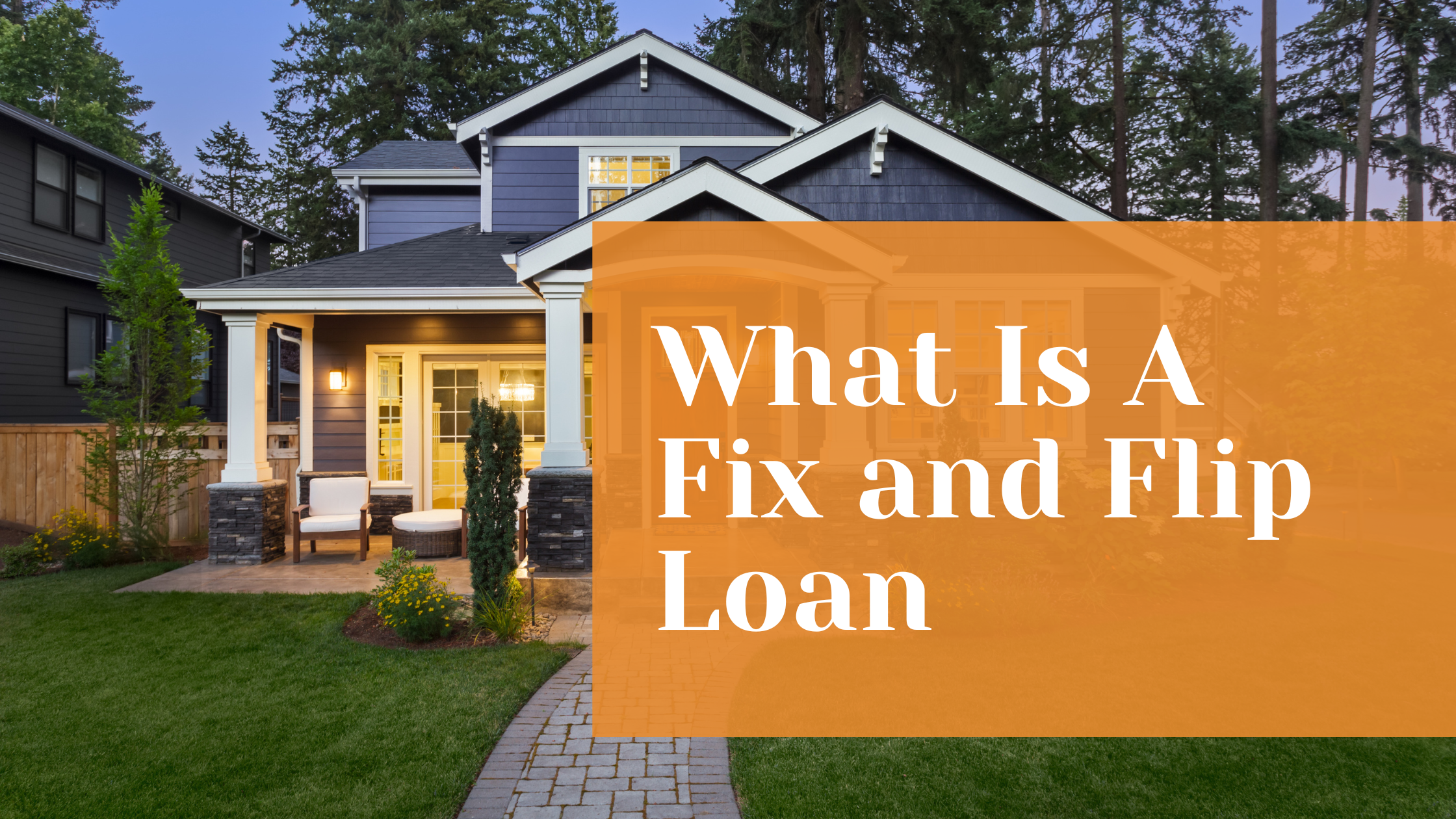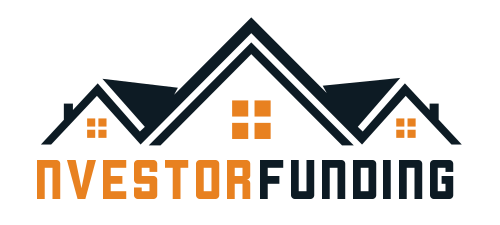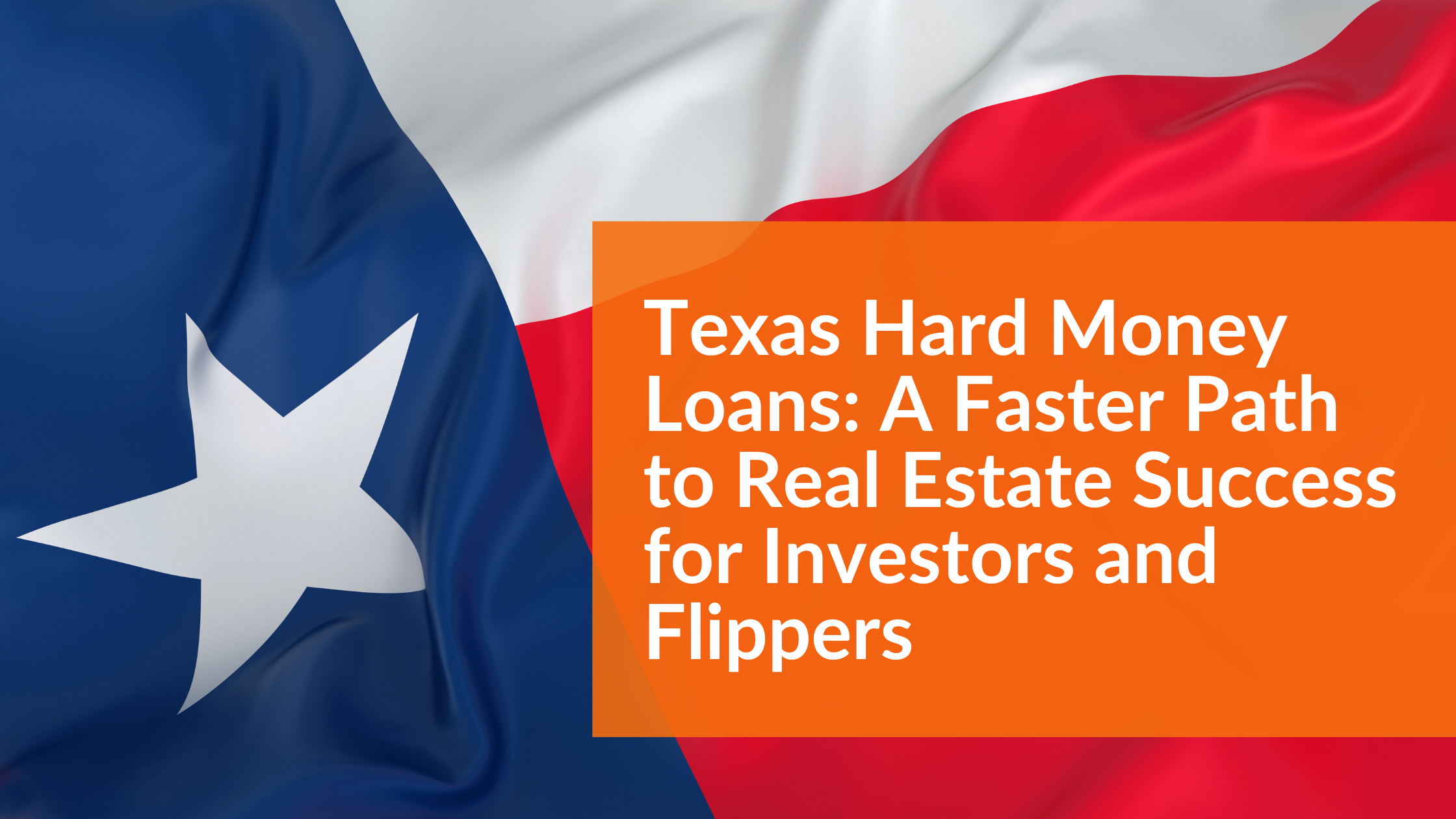What is a Fix and Flip Loan

Real estate investors employ fix-and-flip loans, which are short-term financing, to purchase properties that they then improve and resell for a profit. The practice is commonly known as "flipping" houses. Funding for both the purchase price of the property and the cost of making necessary repairs is often available through fix-and-flip loans.
Lenders who specialize in the "fix and flip" market sometimes have more stringent requirements for repayment and higher interest rates than their more-traditional counterparts. Each borrower has different requirements and goals, therefore the ideal fix-and-flip loan will vary.
Which fix and flip loan is ideal for me?
If you want to buy a property, make improvements to it, and then sell it for a profit, you might want to consider applying for financing known as a "fix-and-flip" loan. With these kinds of loans, you are able to support your project with "other people's money," sometimes known as OPM, while yet retaining access to your own financial reserves in the event that you require them. Fix-and-flip loans often come with higher interest rates, but they also provide short-term finance with fair borrower criteria. Additionally, these loans typically require less collateral than other types of loans.
Your project and your current financial status are both factors that will determine which type of fix-and-flip loan is best for you. It is crucial to shop around with multiple lenders because each lender has its own set of borrowing requirements and the types of financing coverage they offer.
How much money is required for a fix and flip loan?
Fix-and-flip mortgages have different funding criteria than traditional mortgages.
Short-term lenders typically provide financing based on the ARV (estimated after-repair value) of a property rather than merely the purchase price. You may not need a sizable down payment if you opt to finance the whole purchase price plus projected repair charges.
If you are trying to decide how much money to invest in a fixer-upper, you might want to use the 70% rule. Based on this criteria, a borrower's offer should not exceed 70% of the after-repair ARV.
You shouldn't pay more than $175,000 for an investment property, for instance, if you anticipate a profit of $300,000 after deducting the cost of $50,000 in renovations.
To determine how much money you'll need to buy an investment property and what kind of loan terms are available to you, it's important to first compile a detailed cost breakdown of the venture. All fees related to buying, fixing up, inspecting, appraising, and selling a property are things to keep in mind.
What to anticipate as a novice house flipper
It can be difficult to find the first capital to invest in a fix-and-flip project. A fix-and-flip loan may be more difficult to obtain if you do not have a sizable down payment, assets such as home equity, or a track record of profitable real estate ventures.
Lenders have varying standards, but those who have completed five or more flips, have a high credit score, and have access to substantial cash reserves are likely to receive the best loan terms.
For the most part, first-time investors with good credit can qualify for hard money loans, which are quite popular among the investment property crowd. Although maximum loan amounts and minimum credit scores will vary by lender, most will finance your loan in a week (if not less).
If you lack the required expertise, assets, credit score, or minimum down payment to qualify for hard money loans, you can also find a partner investor. There are no hard and fast prerequisites in terms of experience or credit score when working with a partner investor, and every facet of the arrangement can be negotiated.
But a partner will probably want to share the profits from the deal with you. The partner, after all, is the one who is putting up the money and taking on most of the risk. Whether it's contracting experience, knowledge of a particular market, or anything else, you need to demonstrate value to a private partner lender before they will invest in your first flip.
No money down fix and flip loans
Investors can get no-money-down "fix-and-flip" loans through crowdfunding portals (or smaller down payments). Crowdfunding connects you with a group of people that have money and are interested in sponsoring your venture. You can finance your flip by using a combination of private financing options and peer-to-peer lending.
Different crowdfunding platforms have different closing criteria, minimum credit scores, and minimum down payments. If you have adequate assets or experience, you may be able to secure financing despite having less-than-perfect credit or even a zero-down loan.
Interest rates on crowdfunding loans may be higher than those on conventional mortgages. It's possible that proving a certain degree of wealth will be required as well. If you want to borrow money from a lending platform, for instance, they might need you to have between $20,000 and $30,000 in the bank.
Fix and Flip loans for bad credit
Bridge loans and FHA 203(k) rehabilitation loans are two possibilities for funding a fix-and-flip project, even if your credit is less than stellar. Borrowers can use the funds from a bridge loan until they can get longer-term financing or until the project is finished.
The criteria that a lender uses to grant a bridge loan can change. You may need to have a high credit score and consistent employment history to qualify for a bridge loan from some lenders, while others may not conduct a credit check or require proof of income or investment expertise.
Consider applying for a bridge loan from a number of different financial institutions if you have bad credit. Most of the time, the interest rate on a bridge loan will be higher than the rate on a conventional mortgage, and the closing expenses will be as much as, if not more than, the loan itself.
Borrowers with credit scores as low as 500 can get funding of $5,000 to $35,000 through the FHA's 203(k) rehabilitation loan program. In addition to having no minimum income requirement, borrowers with credit scores of 580 or better only need to put down 3.5 percent of the loan amount to get a 203(k) loan. The total cost of a 203(k) loan includes not only the interest rate but also the origination charge and any other applicable fees.
Fix and Flip FAQs
How much money do I need to put down for my first deal? As a new investor expect a minimum of 20-30% down on your first project. Once you build a successful track record with a lender you can expect as low as 10% down.
What are the requirements for a fix and flip loan? Requirements vary by lender. A majority will require enough capital reserves to cover down payment, closing costs, a few months of interest reserves, and qualifying fico scores. This does not include any inspection, title, realtor, or escrow fees.
What are the terms of a fix and flip loan? Terms vary by lender. Expect a 6-12 month loan period. Some lenders also charge origination and their own set of closing costs. If the loan is not paid back within the given time in some cases a lender will grant you an extension. If extensions are not available your options are to refinance the property with another lender or sell the property in its current condition. If an extension is not granted and you fail to refinance the property a lender will put the home in NOD (Notice of Default) which means they are taking action to take the property back.
As a new investor is it possible to obtain a fix and flip loan with bad credit? Most hard money lenders will require a borrower to have at least a 620 score. Yes, some will require less and some will require more. If you have poor credit you can seek out a partner that has a successful track record and qualifying credit to help obtain the loan.
How do I flip houses with no money? As a lender, we get asked this question a lot. We understand there are ‘Gurus” pitching the idea of investing with no money. Although few lenders offer a no-money-down option it typically comes with higher than normal fees and is uncommon in large real estate markets such as California & New York. As a new investor expect to have the necessary funds to invest. If you do not have the money to invest, an option is to partner with someone who does or save up.
To find out if a Fix and Flip loan is right for you reach out to us at 877-231-3111 or feel free to submit an online inquiry here.


